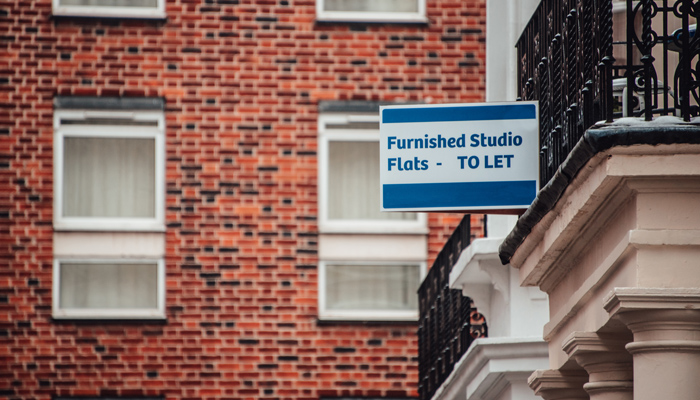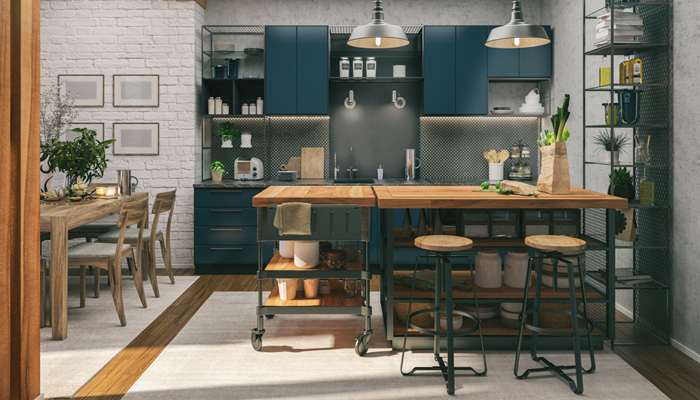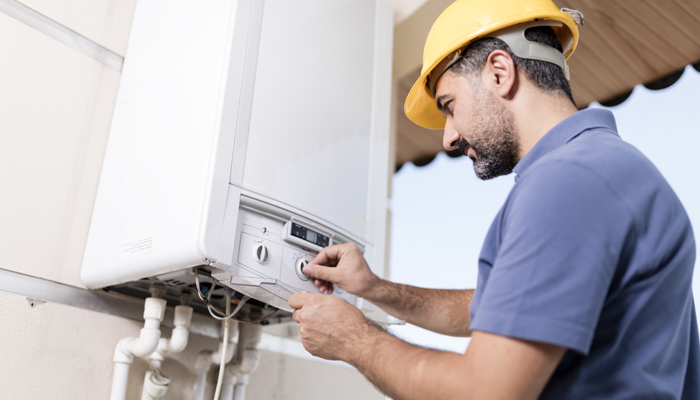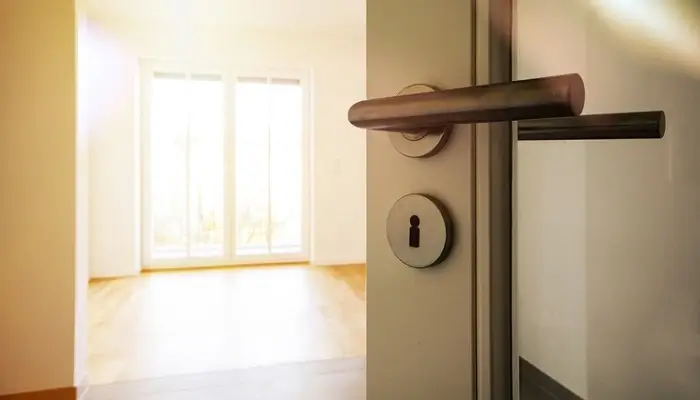Do Landlords Need to Have Contents Insurance?
Being a landlord can be a great way to make a living. However, when things go wrong, it’s important that you have the right insurance to look after your property and its contents. In this article we explore whether landlords need to have contents insurance, what it covers and what are the benefits?
The purpose of landlord contents insurance
covers any furniture, electronics or white goods in the property that you have supplied. That includes things like fridges, washing machines and other large appliances.
Cover can include accidental damage done by tenants, as well as malicious damage. However accidental damage by pets (such as shredding by clawing of carpets) is not covered.
You can think of your contents as anything that would move or roll around if your property were turned upside down. This therefore does not include things like doors, windows and shelving.
Depending on your insurance provider, contents insurance can also apply to outbuilding contents like barbecue equipment and gardening tools.
The purpose of landlord contents insurance is to protect you from the cost of replacing anything you own in the event of things like fires, theft or damage. It’s important to know that tenants must insure their own contents, so you don’t need to worry about their possessions during their tenancy.
Is contents insurance mandatory for landlords?
Contents insurance isn’t a legal requirement, but requirement but can offer essential protection for you as a landlord. It can bring you peace of mind that your possessions are covered, even if your property is unoccupied for a period of time (this varies by policy, but the minimum time unoccupancy is covered varies on average from between 30 to and 60 days dependent upon the policy selected). It could also save you a significant amount of money if you need to replace any of your contents.
Benefits of having landlords contents insurance
There are lots of reasons why it’s a good idea to have contents insurance:
- It can cover accidental and malicious damage to contents.
- It can cover you if you lose your keys to the property.
- Some providers offer landlord contents insurance for multiple properties, often at a discounted rate.
- Most providers offer tailored policies, so you can choose the right level of cover for your needs. Not every property will be full of high value contents.
Risks covered by landlord contents insurance
What are the potential risks to your property that are covered by contents insurance?
- Your contents should be covered in the event of a fire or flood.
- You should be covered if your contents are stolen.
- Loss of rent cover can be claimed if the building is uninhabitable due to any damage to the contents. This could for example be damage by fire or accidental damage.
- Malicious damage insurance can be claimed if a tenant has willingly destroyed or damaged any of your contents, but make sure you ask for this when arranging your cover as it isn’t always included.
For example, if the cooker in a furnished rental property stops working, it could potentially make the property uninhabitable, as it affects the tenant's ability to prepare food. However, this would depend on the specific circumstances and the severity of the issue. As the landlord, you are responsible typically for ensuring that the property, including its fixtures and appliances, is in good working order.
If the cooker is damaged, for example by fire, the tenant should notify you as the landlord immediately. You are then obligated to repair or replace the cooker within a reasonable timeframe to maintain the property's habitability.
In cases where the property becomes uninhabitable due to damage to essential contents, such as a broken fridge or oven in a furnished let, landlords may be able to claim loss of rent cover. This cover applies if the damage is significant enough to render the property uninhabitable.
What contents insurance doesn’t cover
Finally, before you invest in landlord contents insurance, be sure you know what isn’t included in the cover, or about features that may require extra cover:
- Wear and tear of your contents isn’t covered.
- If your property has been used for illicit activities (such as growing illegal substances on the premises), your contents insurance will not cover damage or loss of your belongings.
- High value items that have been damaged or stolen can sometimes exceed your claim limit (note this varies by policy).
- Your cover may become void if your property is left uninhabited for a long time.
Landlord contents insurance from Towergate
Though not necessarily a legal requirement, contents insurance can be extremely important and valuable to you as a landlord. It could pay dividends in the event you need to repair or replace anything within your property, provided the damage is caused by an insured peril. For peace of mind, consider including it as part of your landlord insurance policy.
Get a landlord contents insurance quote
We offer landlords contents insurance – and it’s quick and easy to get a quote either online or by calling us on 0344 892 1664
About the author
 Alison Wild BCom (Hons), FMAAT, MATT, Taxation Technician is a highly respected industry professional who has been working with and advising SMEs in areas including tax, pensions, insurance and marketing for over 25 years. She is a Fellow member of the Association of Accounting Technicians (AAT) and Association of Tax Technicians (ATT) and also has 20 years' experience as a residential landlord.
Alison Wild BCom (Hons), FMAAT, MATT, Taxation Technician is a highly respected industry professional who has been working with and advising SMEs in areas including tax, pensions, insurance and marketing for over 25 years. She is a Fellow member of the Association of Accounting Technicians (AAT) and Association of Tax Technicians (ATT) and also has 20 years' experience as a residential landlord.
Consistent with our policy when giving comment and advice on a non-specific basis, we cannot assume legal responsibility for the accuracy of any particular statement. In the case of specific problems we recommend that professional advice be sought.
Date: May 30, 2025
Category: Landlords












